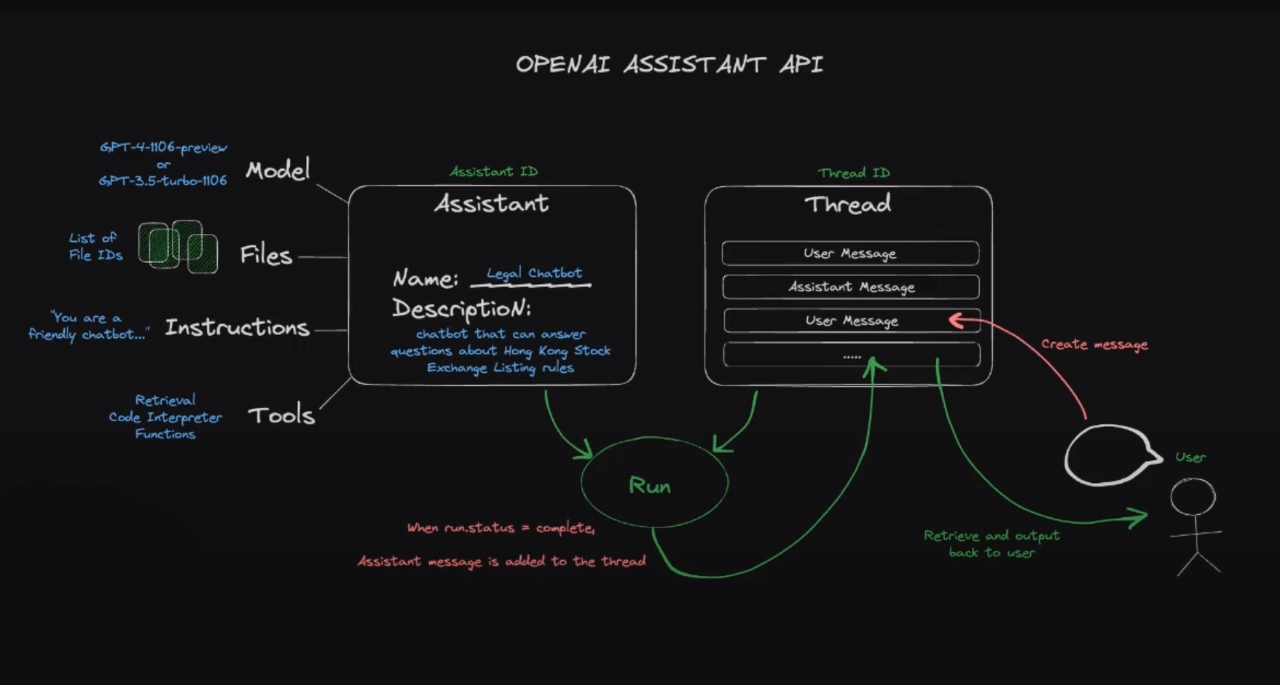Don't Ignore: HMRC's Latest Wave Of Nudge Letters To UK Households

Table of Contents
Understanding HMRC Nudge Letters
HMRC nudge letters are proactive communications designed to encourage tax compliance. They are not formal demands but rather friendly reminders or gentle prompts indicating a potential issue with your tax affairs. These letters aren't necessarily a sign of serious wrongdoing; instead, they present an opportunity to address any discrepancies before they escalate. Several types of nudge letters exist, addressing various tax obligations:
- Self-Assessment Tax Returns: Reminders for filing your annual self-assessment tax return by the deadline.
- PAYE and National Insurance Contributions: Letters highlighting potential discrepancies in your reported income or National Insurance contributions.
- Tax Credits: Communications regarding potential overpayments or underpayments of tax credits.
- Capital Gains Tax: Letters concerning potential tax liabilities on the sale of assets.
Common reasons for receiving an HMRC nudge letter include:
- Missing Tax Returns: Failure to file your self-assessment tax return on time.
- Discrepancies in Reported Income: Differences between your reported income and information HMRC holds.
- Unpaid Tax Liabilities: Outstanding tax payments.
- Changes in Circumstances: Failure to notify HMRC of significant changes affecting your tax liability (e.g., change of address, marriage, starting a new job).
What to Do if You Receive an HMRC Nudge Letter
Receiving an HMRC nudge letter shouldn't cause alarm, but prompt action is essential. Follow these steps:
Carefully Review the Letter
Thoroughly read the entire letter, paying close attention to the following:
- Unique Reference Number: Note this number for all future correspondence.
- Deadline: Identify the date by which you must respond.
- Specific Issue: Clearly understand the reason for the letter.
Gather Your Documents
To respond effectively, you'll need relevant documentation. This may include:
- P60s (from your employer)
- Payslips
- Bank statements
- Self-assessment records
- Proof of expenses (if applicable)
Respond Promptly
Timely responses are crucial. Ignoring an HMRC nudge letter will likely result in further communications, penalties, and potential legal action. You can respond via:
- Your Government Gateway Account: The quickest and most efficient method.
- Post: Using the address provided on the letter.
- Phone: Contact HMRC directly if necessary (check the letter for contact details).
Seeking Professional Help
If you're unsure how to respond or need assistance interpreting the letter's contents, don't hesitate to seek professional help. A qualified accountant or tax advisor can provide expert guidance and ensure you comply with all HMRC regulations.
Preventing Future HMRC Nudge Letters
Proactive tax planning is the best way to avoid receiving HMRC nudge letters.
Accurate Record Keeping
Maintain meticulous financial records throughout the year. This includes keeping accurate records of all income, expenses, and tax-relevant transactions.
Timely Tax Returns
Submit your self-assessment tax returns and other tax filings promptly to avoid penalties and late-filing notices. Set reminders to ensure you meet all deadlines.
Reporting Changes Promptly
Notify HMRC immediately of any changes in your circumstances that may affect your tax liability. This includes changes in address, employment status, marital status, or significant income changes.
Utilizing HMRC Online Services
Use the HMRC website and online portal to manage your tax affairs. This allows you to view your tax records, file returns, and make payments online, simplifying the process and improving accuracy.
Taking Action on Your HMRC Nudge Letter
HMRC nudge letters are opportunities for proactive compliance, not signs of imminent disaster. Acting promptly, gathering necessary documentation, and responding correctly are crucial. Ignoring these communications can lead to penalties, further investigation, and increased stress. Accurate record-keeping and timely tax returns are essential for avoiding future issues. Don't ignore your HMRC nudge letter. Review it carefully, gather the necessary documents, and respond promptly to avoid potential penalties and further investigation. Contact a tax professional if you need assistance. For further information and support, visit the official HMRC website: [Insert HMRC website link here].

Featured Posts
-
 Jaminet Rembourse Le Stade Toulousain Le Detail De L Accord
May 20, 2025
Jaminet Rembourse Le Stade Toulousain Le Detail De L Accord
May 20, 2025 -
 Report Jennifer Lawrence And Cooke Maroney Have A Second Child
May 20, 2025
Report Jennifer Lawrence And Cooke Maroney Have A Second Child
May 20, 2025 -
 Brexit And The Uk Luxury Goods Sector An Export Analysis
May 20, 2025
Brexit And The Uk Luxury Goods Sector An Export Analysis
May 20, 2025 -
 Decoding Suki Waterhouses On This Love A Comprehensive Lyric Analysis
May 20, 2025
Decoding Suki Waterhouses On This Love A Comprehensive Lyric Analysis
May 20, 2025 -
 Mourinho Dan Tadic Ve Dzeko Ya Kritik Performans Analizi
May 20, 2025
Mourinho Dan Tadic Ve Dzeko Ya Kritik Performans Analizi
May 20, 2025
Latest Posts
-
 Millions In Losses Office365 Executive Inbox Hacking Scandal
May 20, 2025
Millions In Losses Office365 Executive Inbox Hacking Scandal
May 20, 2025 -
 Building Voice Assistants Made Easy Open Ais Latest Developer Tools
May 20, 2025
Building Voice Assistants Made Easy Open Ais Latest Developer Tools
May 20, 2025 -
 Federal Charges Filed Millions Lost In Office365 Executive Data Breach
May 20, 2025
Federal Charges Filed Millions Lost In Office365 Executive Data Breach
May 20, 2025 -
 Office365 Executive Inboxes Targeted Millions Stolen Fbi Claims
May 20, 2025
Office365 Executive Inboxes Targeted Millions Stolen Fbi Claims
May 20, 2025 -
 Harnessing Ai To Create Engaging Podcasts From Repetitive Data
May 20, 2025
Harnessing Ai To Create Engaging Podcasts From Repetitive Data
May 20, 2025
